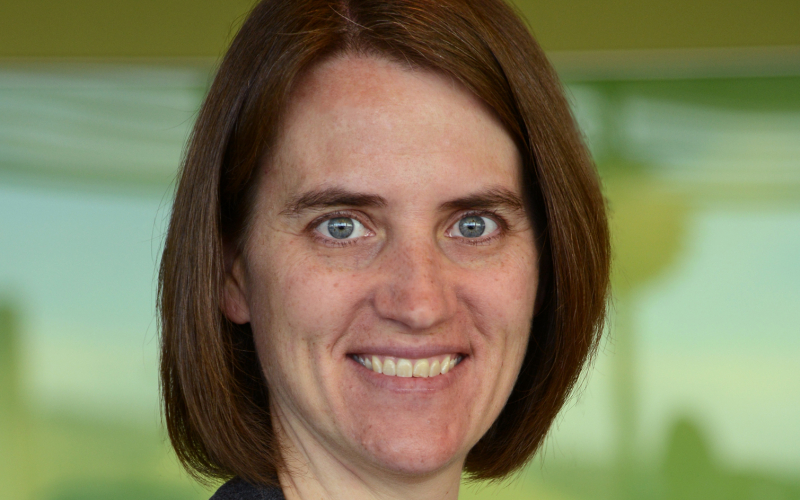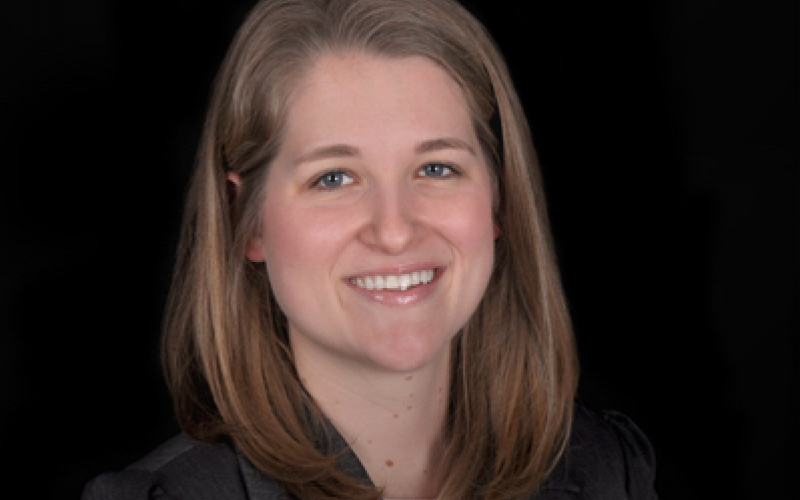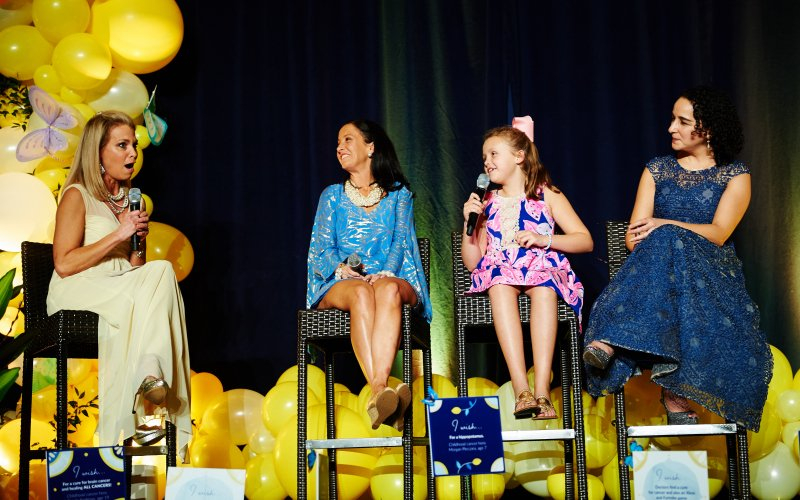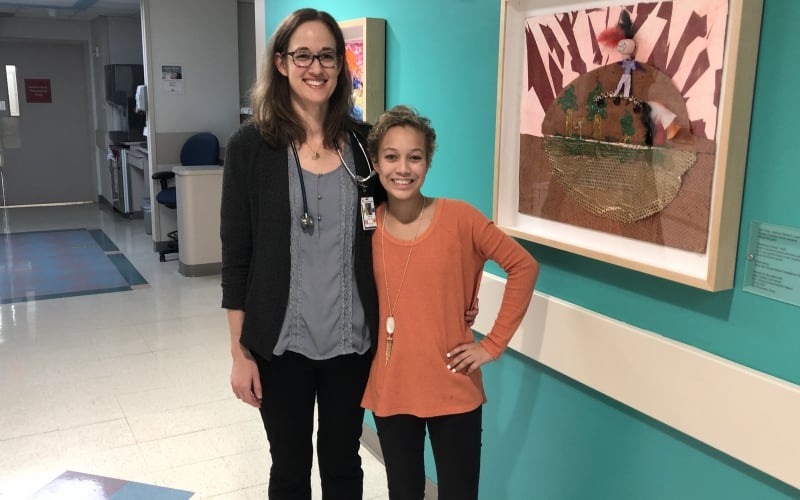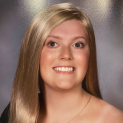By: Trish Adkins
Every day, 43 children are diagnosed with childhood cancer in the United States. Globally, cancer stole 11.5 million years of healthy life away from children in 2017. Childhood cancer diagnoses don’t stop and neither do the dedicated researchers working to make childhood cancer history.
Alex’s Lemonade Stand Foundation (ALSF) works to fund researchers at all points in their career — from the Pediatric Oncology Student Training (POST) grant program all the way through the Center of Excellence program, which funds the necessary infrastructure for clinical trials.
Every day, ALSF-funded researchers and institutions are working to make childhood cancer history. Here are five women researchers pursuing that goal:
1. Dr. Jean Mulcahy-Levy
University of Colorado Denver investigator and ALSF Young Investigator grantee Dr. Jean Mulcahy-Levy has been studying chloroquine and hydroxychloroquine for nearly 11 years as a potential therapy for children with brain tumors with the BRAF mutation. Her studies have resulted in a multi-site clinical trial for children with relapsed brain tumors. The trial uses hydroxychloroquine, a well-known anti-malaria drug, in combination with chemotherapy.
Dr. Mulcahy-Levy credits her success in research with having the mentorship and support of other scientists. Her first mentor, Dr. Becky Houck at the University of Portland, fueled her passion for biology.
“After the mentorship of my first strong female example of a scientist, I’ve never looked back,” said Dr. Mulcahy-Levy.
2. Dr. Stephanie Hicks
Dr. Stephanie Hicks, from the Johns Hopkins Bloomberg School of Public Health and an ALSF Crazy 8 Initiative grantee, is working to create the tools required to analyze childhood cancer data at the single-cell level.
Childhood cancer tumors are made up of several different types of cells, by understanding the characteristics of these individual cells, researchers can begin to match therapeutic drugs to specific cancer cells instead of just to specific cancer types.
“The world is becoming more data intensive. As data becomes more plentiful, it is critical to be able to make sense out of it,” said Dr. Hicks.
Dr. Hicks is creating a reproducible workflow that will allow other scientists to compare and contrast data and analyses across studies — improving efficiencies and accelerating the rate of discovery.
3. Dr. Michelle Monje
As a young trainee, many people gave Dr. Michelle Monje, ALSF grantee from Stanford University, the (unsolicited) advice that one cannot have a big career in medicine or science and also have children.
She ignored the advice. Dr. Monje (mother of four) is getting closer every day to a breakthrough in the treatment of DIPG, a pediatric brain tumor with a 0% cure rate. Dr. Monje has been funded by ALSF through several grant programs to study DIPG and is currently co-leading the Crazy 8 Initiative’s High-Grade Glioma working group.
“The amount of progress that has been made in the study of childhood gliomas in the past five years is more than has been made in the last 50 years. It is a really exciting moment of progress and hope,” said Dr. Monje.
4. Dr. Yael Mossé
Funded through the ALSF Reach Grant program, Dr. Yael Mossé led the research team at Children’s Hospital of Philadelphia that made a breakthrough treatment possible for children with ALK-driven cancer. One child, Edie Gilger, was battling relapsed neuroblastoma. Edie’s cancer was positive for ALK, a gene known to drive lung cancer in adults.
Dr. Mossé and her team theorized that since crizotinib worked in ALK-positive lung cancer in adults, it could be the hope children battling ALK-positive cancer needed. And since crizotinib is a targeted therapy that just attacks one gene, it has fewer side effects as compared to chemotherapy. Edie was enrolled in Dr. Mossé’s trial and it worked.
Dr. Mossé is currently leading the Next Generation Personalized Neuroblastoma Therapy clinical trial at Children’s Hospital of Philadelphia. The trial matches genetic aberrations found in tumors at the time of relapse with targeted molecular therapies.
5. Dr. Jennifer Foster
Dr. Jennifer Foster, an ALSF Center of Excellence Scholar at Texas Children’s Hospital, knows that science does not have the full story for most types of cancer. But she is working to fill in the blanks.
Three years ago, the pathology of a tumor that was found in the leg of a 10-year-old girl, landed on Dr. Foster’s desk. The tumor was nothing anyone had ever seen before. Dr. Foster immediately turned to the research to find a treatment plan for the girl, Eden Green. Eden enrolled in a trial that Dr. Foster was leading.
“Every piece of knowledge we gain from rare tumors like ‘Eden’s tumor’ will build and help guide us in future treatment decisions for other children; just like how the knowledge has guided us to this point of being able to help Eden,” said Dr. Foster.
Childhood cancer research is only possible by the support of generous donors. If you want to support ALSF’s research efforts for these women and all researchers, consider hosting a virtual fundraiser.

